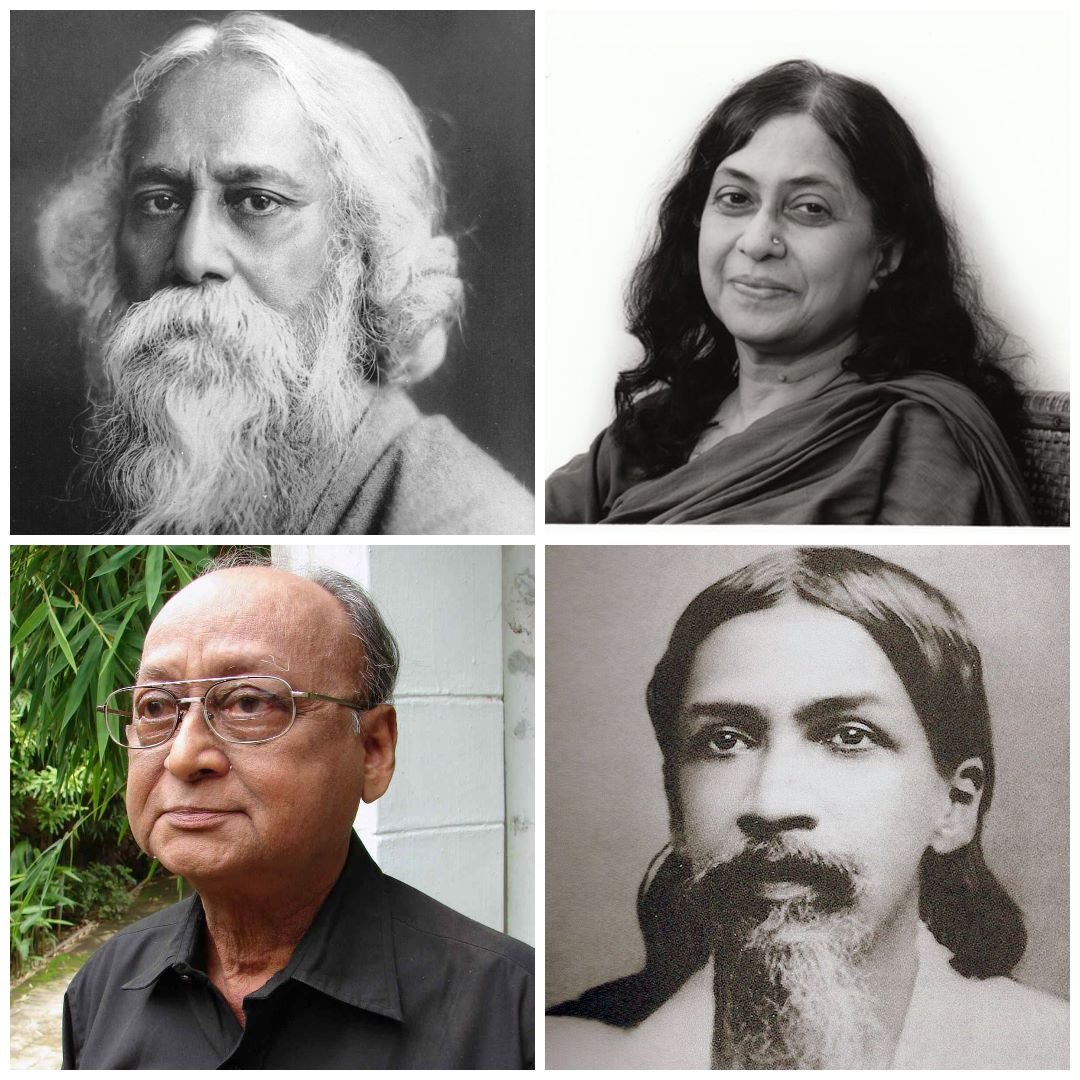The great epics were composed in verse in the sixth century B.C., from which time Indian literature may be said to date. Variety The variety of Indian literature is really very stimulating and it comes from the multiple languages and subcultures the country has. Poetry is one of the finest of written and of the creative arts. Englist poets in top 10 famous English poets in India and their poetry are inside India writing poetry in English literature since early 19 th century (i.e. from the time British gave India freedom to continue in few of its professions in the name of East India Company, but don’t take it otherwise).
In this blog post, let us discuss the history and accomplishments of top 10 known English poets in India, who have made themselves known in their own way to their field. “Those we honour tonight not only symbolize the highest level of excellence, they epitomize the very ethos of India-plural, inclusive, diverse, tolerant and hardworking,” he said. In science, in politics, in arts and entertainment, they have made their mark well beyond those of their countrymen.
Join us on a fascinating voyage to discover the stories of these incredible people – to discover the special gifts that set them apart and the incredible triumphs they brought to their world and our own. From famous pioneers to modern day legends, these are the success icons who have changed the world.
Table of Contents
Top 10 Famous English Poets in India
1. Rabindranath Tagore
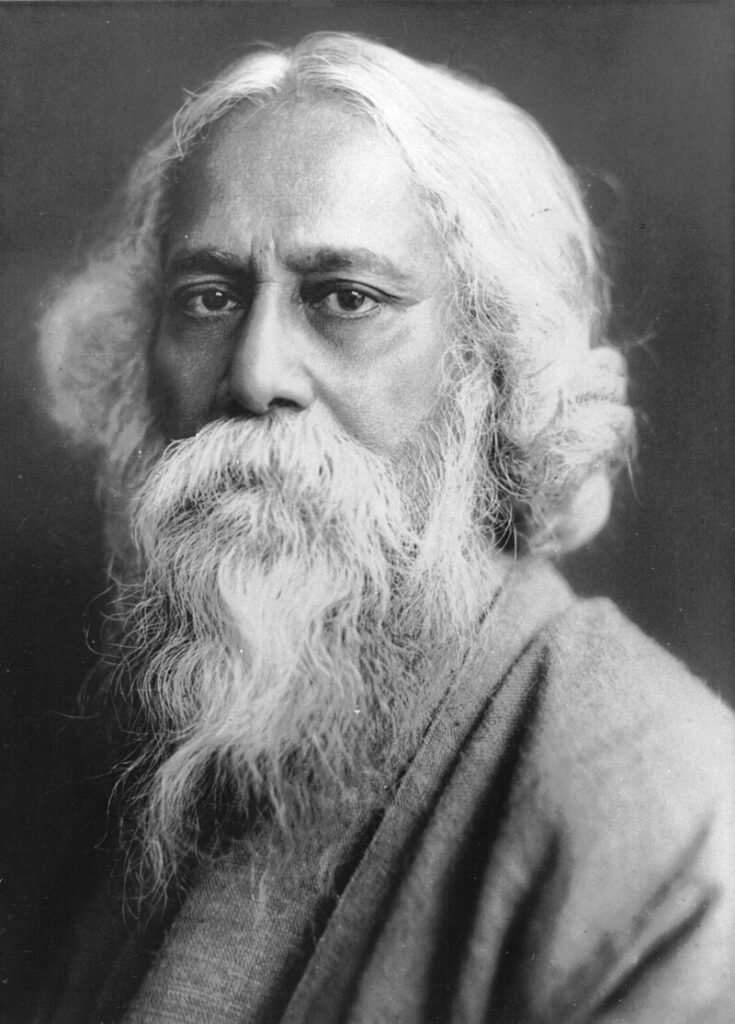
Rabindranath Tagore (1861–1941) is the most famous writer of India, a poet, a short story writer, and a novelist of universal stature. One of the greatest figures in literary world is the Nobel Laureate Rabindra Nath Tagore whose literary work in the form of novels, short stories, poetry, plays and essays is widely regarded as a great contribution in the world literature. He has also been heard in the West, having been presented to Western readers by the famous Irish poet W.B.Yeats. Rabindranath Tagore‘s written works in both prose and poetry form the bulk of his literary oeuvre and underpin his status as a polemicist and prophet of religious and social equality.
2. Jayanta Mahapatra
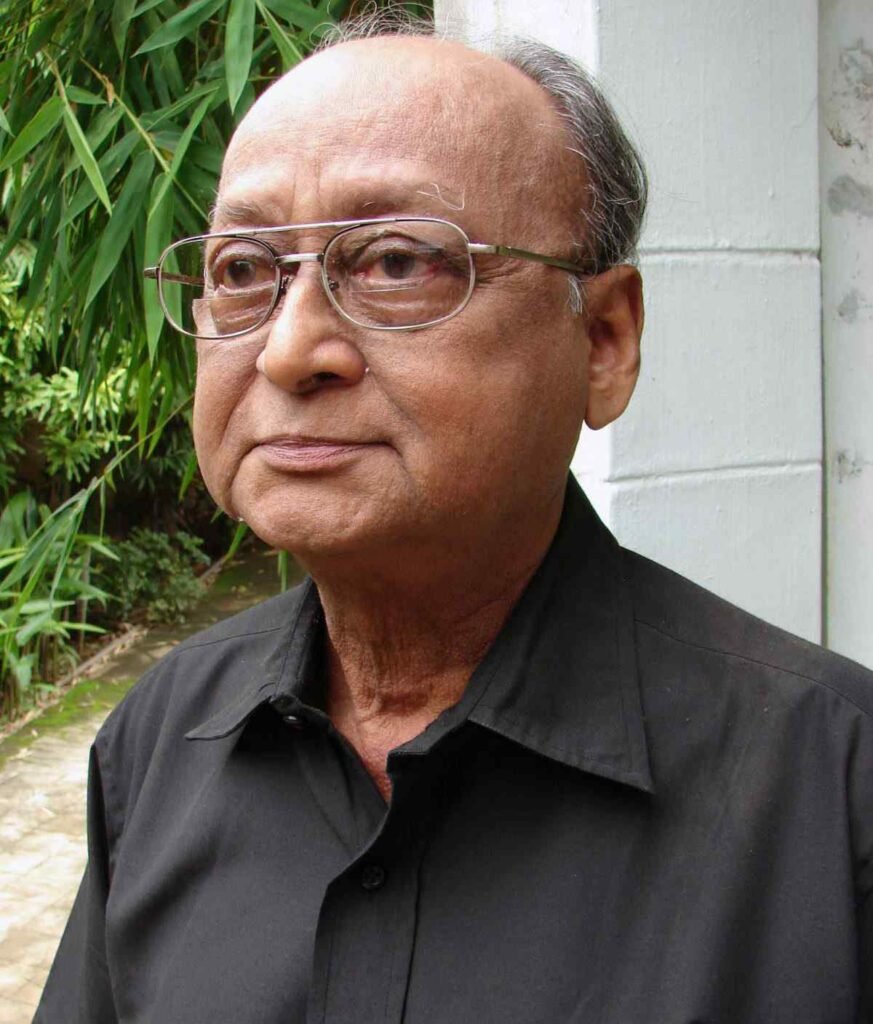
Jayanta Mahapatra is one of the most important poets of post-independence India, and a creative genius whose treatment of human relationships and the predicament of modern man is profound. Known for its poignant emotional content and picturesque landscapes of the traditional home of the artist-Orissa, the works have been received with appreciation.
3. Sarojini Naidu
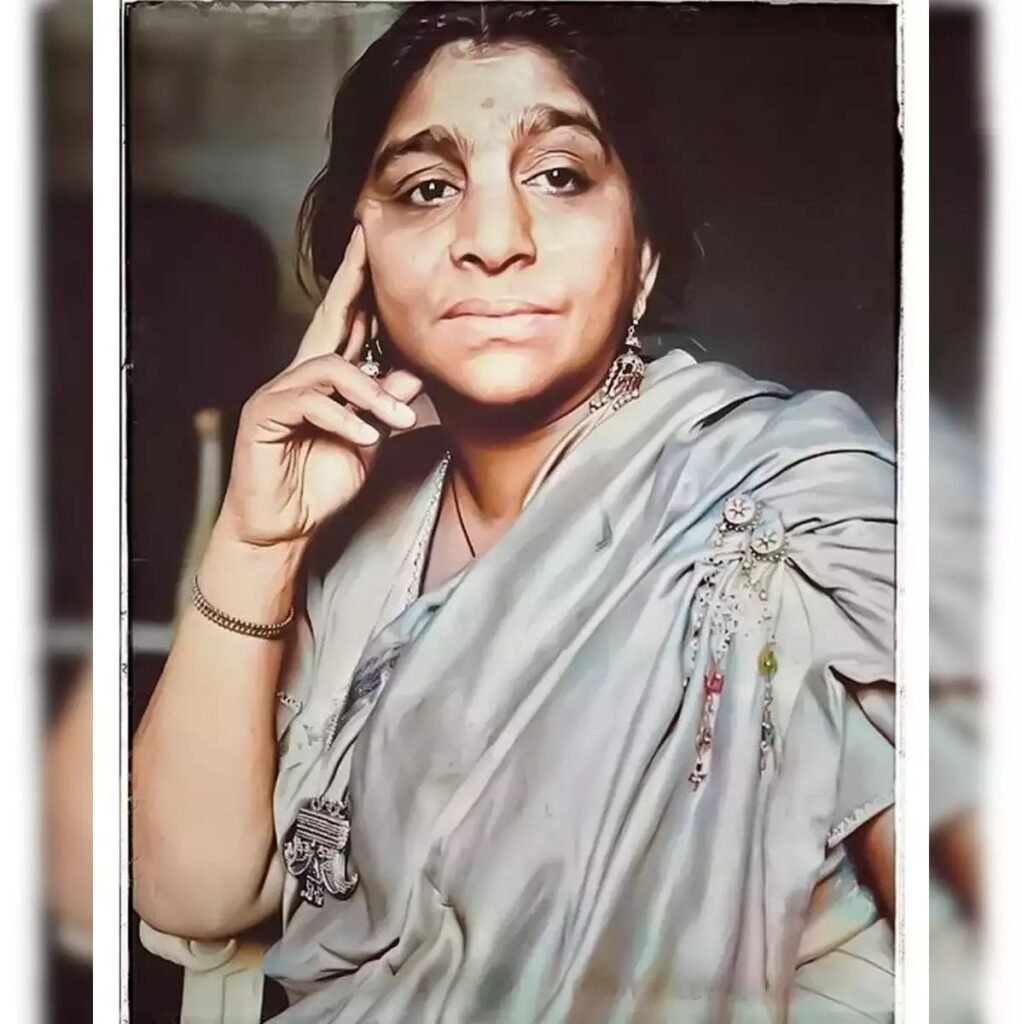
Sarojini Naidu (1879– 1949), India’s highly regarded woman English poet, is famous for her imaginative and varied verse. Her verses are marked by a rich expression of romantic sensibilities and the feel of emotional texture between various elements of Indian culture, all beautifully woven into the colors of her own times.
4. Kamala Das
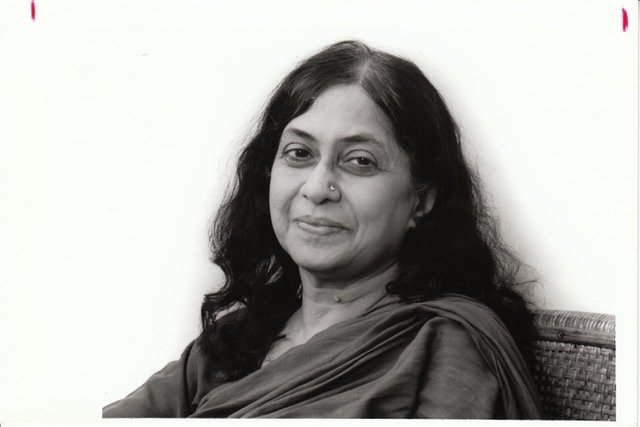
Top 10 best English poets in India Kamala Das also known by her pen name Madhavi kutty and and later as Kamala Surayya, is one of the most famous Indian English poets. Her English poetry, which has been translated into more than a dozen languages, is regarded as painful and candid in its description of human love and the world about her and as suffering and intense though appealing in tone. Das work represents a profound search for love without limitations or conditions while reflecting the soulful sensitivity of someone not afraid to explore issues regarding self and society.
5. Nissim Ezekiel
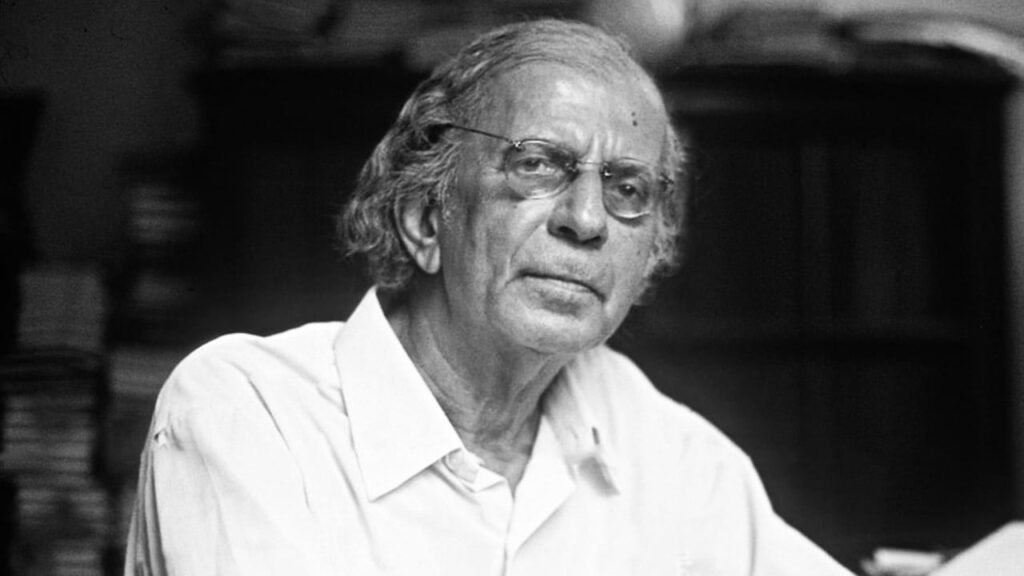
Nissim Ezekiel is one of India’s most acclaimed poets in English, known for his ability to express the proper combination of urban absurdity and anxiety with wit as well as insight. His English verse beautifully balances the mundane with the commonplace and probes questions of religion, gender and dueling battles. Ezekiel’s novel is a deep meditation on the dynamics of human relationships and the struggles in life in the 21st century.
6. Sri Aurobindo Ghosh
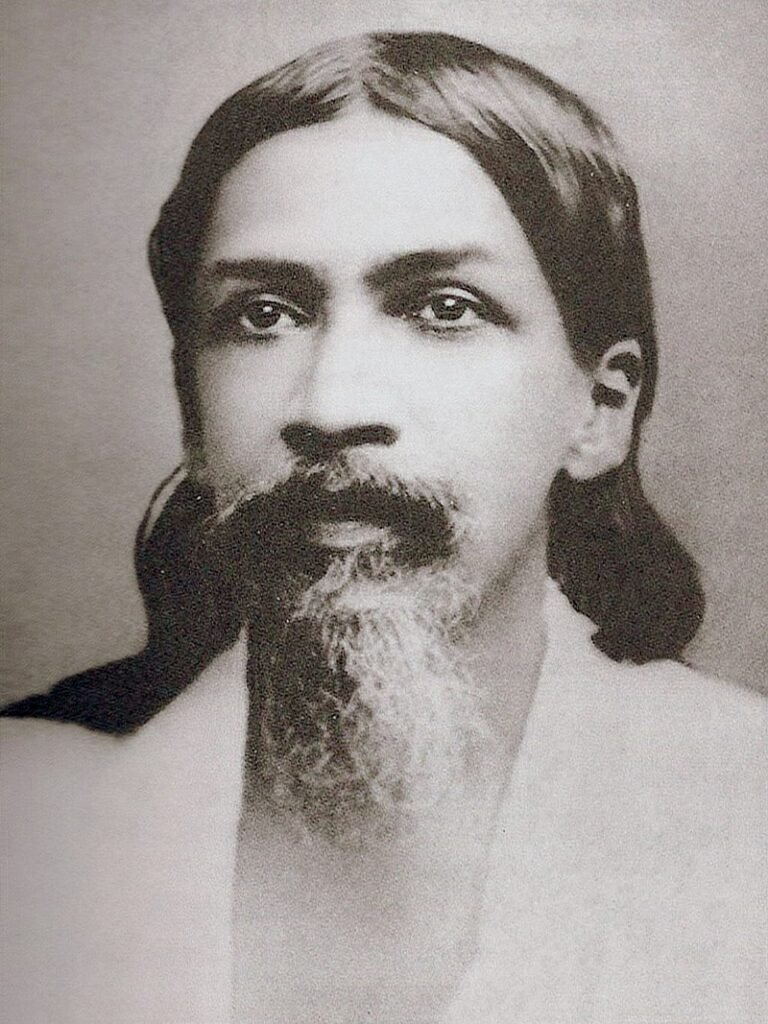
Image of Sri Aurobind Sri Aurobindo Ghosh is one of the remarkable figures of Indian English poetry, who has dovetailed the Eastern and Western poetic tradition. One of the most eminent poets in all these forms, Aurobindo’s work deals with profound metaphysical themes, extended from his rigorous philosophical thought and his mystical reflections. As one among 10 renowned English Indian poets, Aurobindo’s poetry is not only known for its beauty, but also for the enlightening effect.
7. A.K. Ramanujan
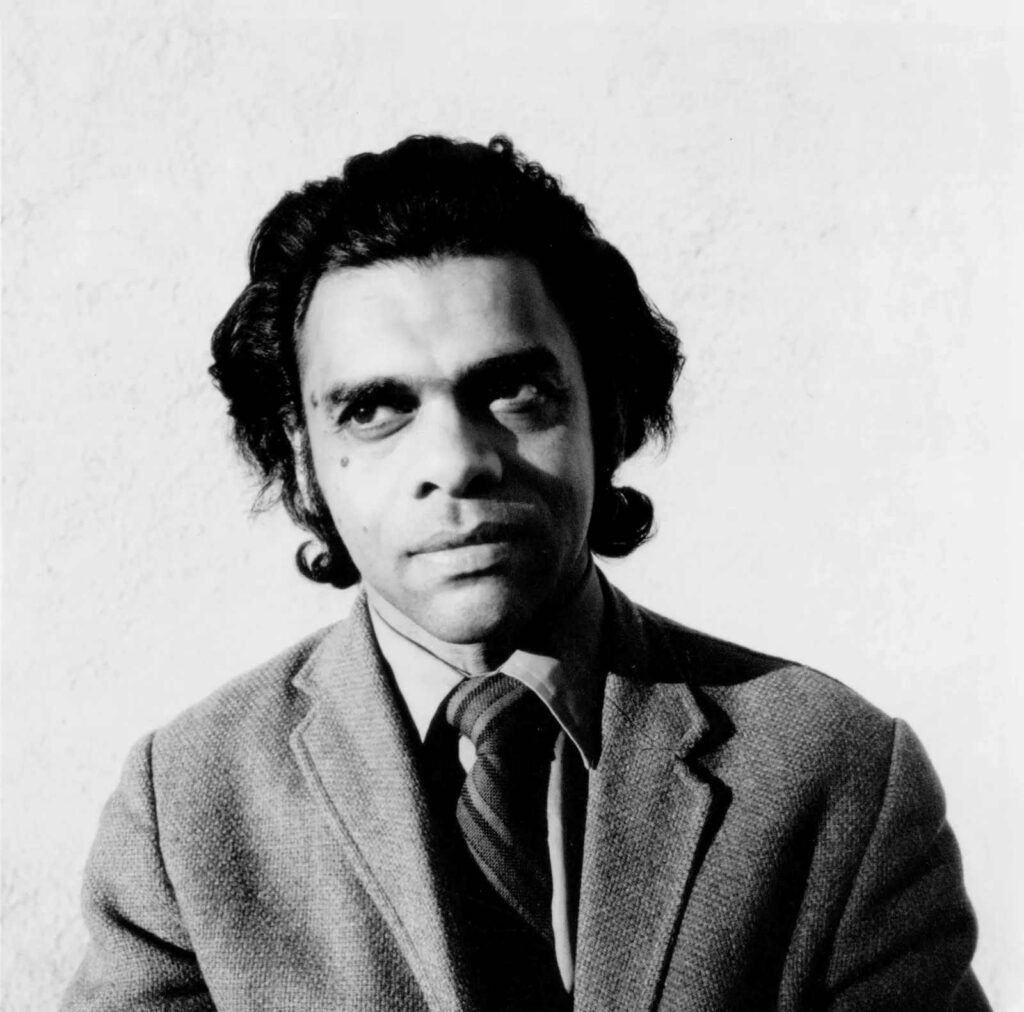
In the line of Nissim Ezekiel and Jayanta Mahapatra, A.K. Ramanujan became one of Indian English poets and among the top 10 famous Indian English poets, with his simple style writing. Known for his search after his cultural roots and individual identity, the poetic quest of Ramanujan in English is a deeply existential quest. A South Indian Christian who struggled with his Hindu background while living in other countries, his work is marked by a profound nostalgia for the past, and a longing for the cultural and family ties he felt cut off from.
8. Toru Dutt
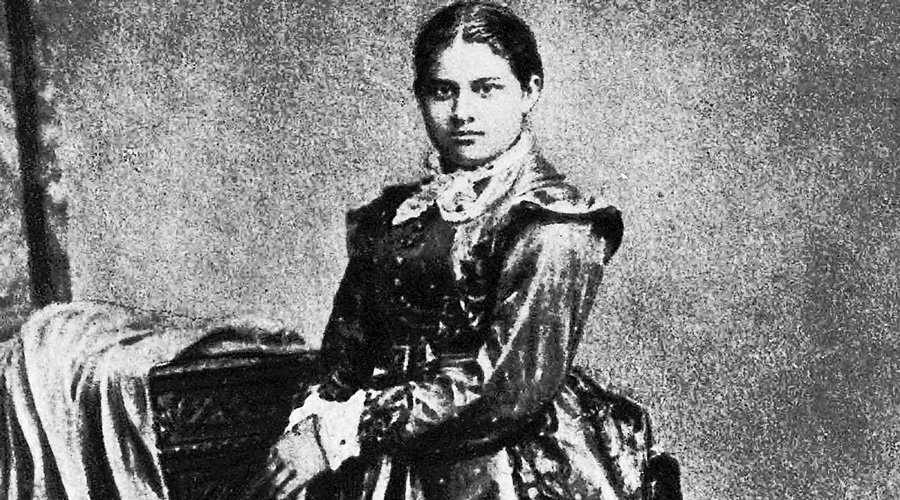
Toru Dutt Born in the 19th century, Toru Dutt makes to the list of top 10 famous English poets in India, it is an achievement; which is both rare and spectacular in an era when opportunities for woman to excel in writing; was often limited. Her own was short, but it was a life of cultural exploration and literary greatness. Dutt had a complicated religious identity; he grew up in a Brahmin household that converted to Christianity.
9. R. Parthasarathy
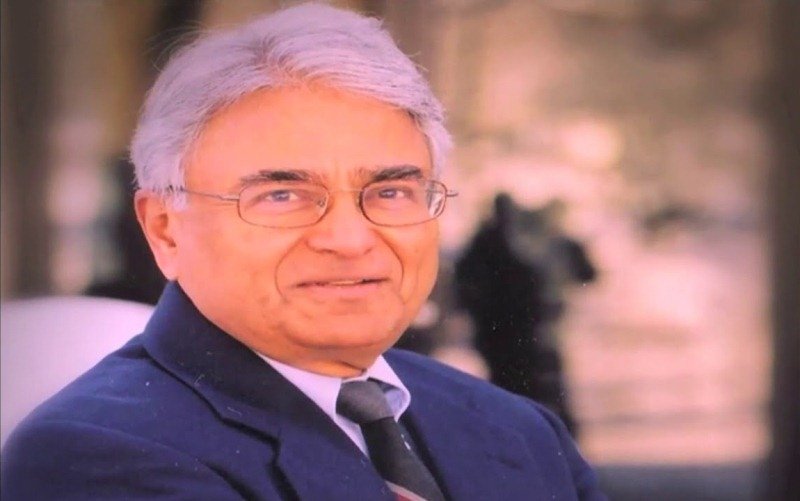
One of the top 10 Indian English poets in India, Rajagopal Parthasarathy is also known for his unique battle with the language. Even though Parthasarathy writes in English, there is a strong underpinning of his Indianness in his English poetry. His works are witness to an intense conflict felt by him between his cultural identity and the quintessence of Indianness and the constraint of the English language.
10. Keki N. Daruwalla
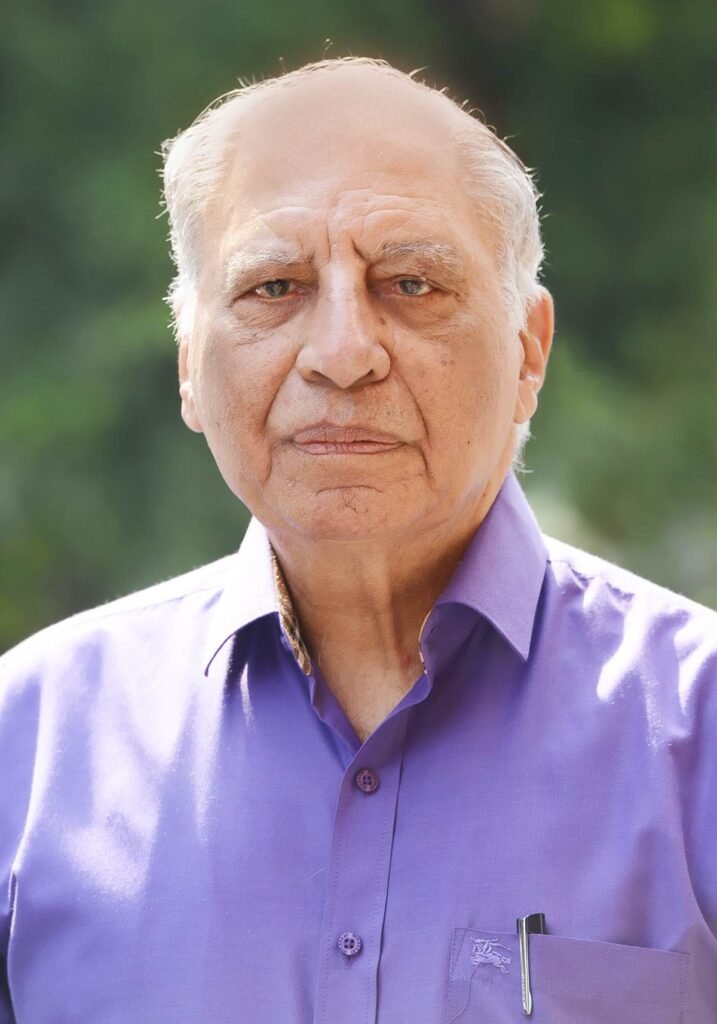
Keki N. Daruwalla: One of the top 10 known English poets in India, Daruwalla is known for his skill to illustrate the intricacies of the modern life through his art. His output is notable for his attention to detail and the delicate treatment of poetic language, and he is considered one of the leading modern poets of Indian literature.
The vibrant and colourful fabric of India’s culture is woven with the threads of its extraordinary people who take pride in a history that has been recorded in the annals of history, literature, politics and the arts. The top most 10 popular English poets in India have their own histories and contributions, and they are the living omens of India and its global credibility. Right from path-breaking writers, English poets and revolutionary leaders to visionary artistes, these men and women have not just contributed to India’s cultural capital but are also a source of inspiration and admiration for people around the world.
Above all, their accolades are a testament to the hard work and dedication of those individuals who have advanced the standards of excellence in every venture in which they have placed their hearts and passion. Their legacies remind us how much of a dent they’ve left in our work and our hearts not only here in India, but around the world. Their tales are a testament to the force of passion, creativity and tenacity in transforming the world.
Read Next
